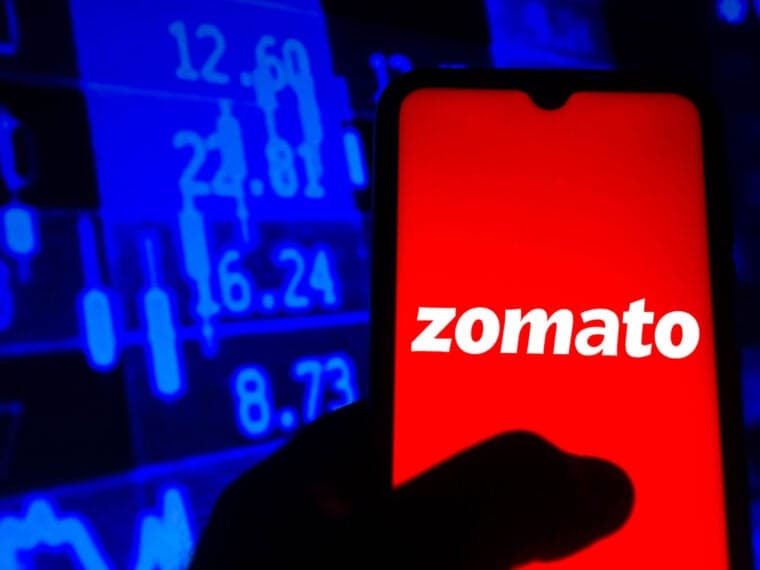
Zomato is looking to hire for machine learning, data science and NLP roles to build products based on generative AI
The company is looking to integrate AI into multiple customer-facing features, including search engines and notifications
Zomato’s move comes as Blinkit has launched ‘Recipe Rover’, a generative AI-based engine that generates recipes and helps find ingredients
Listed foodtech giant Zomato
One of the sources cited by the ET said that the listed food delivery platform is looking to hire for machine learning (ML), data science and natural language processing (NLP) roles to build products based on generative AI.
Zomato is said to have appointed a head of AI product development to drive these efforts. The company is looking to integrate AI into multiple customer-facing features, including search engines and notifications, along with backend tools such as product photography and customer support, among others.
The sources cited by the publication said both Zomato and Blinkit will make use of the generative AI tools developed. The foodtech is also reported to have been working with the likes of Google, Adobe, OpenAI and Microsoft for its AI product development.
A Zomato spokesperson confirmed the development.
“Over the past year, Zomato has tuned neural networks that predict food preparation and delivery time, amongst other things. Similarly, Blinkit has used machine learning to optimise supply-chain cost and reduce delivery times,” the spokesperson said.
He added, “We are experimenting with generative AI. For example, on its app, Blinkit now provides almost unlimited recipes, along with ingredients required.”
The Zomato spokesperson added that the two group companies – Zomato and Blinkit – have continuously hired engineers with machine learning skills for the past few years.
The foodtech’s move also comes as Blinkit recently announced its generative AI engine – Recipe Rover, a ChatGPT- and Midjourney-powered product that suggests recipes and helps find ingredients.
The move also comes off the back of many Indian startups looking to create products based on generative AI. A case in point is the edtech decacorn BYJU’S, which launched three generative AI-powered products earlier this week.
The edtech company launched BYJU’S WIZ, a suite of three AI transformer models — BADRI, MathGPT and TeacherGPT.
MakeMyTrip founder Deep Kalra also said that the online travel agency (OTA) is looking to build core capabilities using generative AI and will work with players in the space to make those tools.
Generative AI models such as OpenAI’s ChatGPT, Midjourney’s image generation engine and Google’s BARD, which have quickly risen to superstardom, can answer complex questions, write codes and generate content using large language models that take simple-text inputs for human-like responses. Though issues like hallucinations remain, these generative AI models have found multiple use cases in a short time.




 Fintech
Fintech Travel Tech
Travel Tech Electric Vehicle
Electric Vehicle Health Tech
Health Tech Edtech
Edtech IT
IT Logistics
Logistics Retail
Retail Ecommerce
Ecommerce Startup Ecosystem
Startup Ecosystem Enterprise Tech
Enterprise Tech Clean Tech
Clean Tech Consumer Internet
Consumer Internet Agritech
Agritech




























